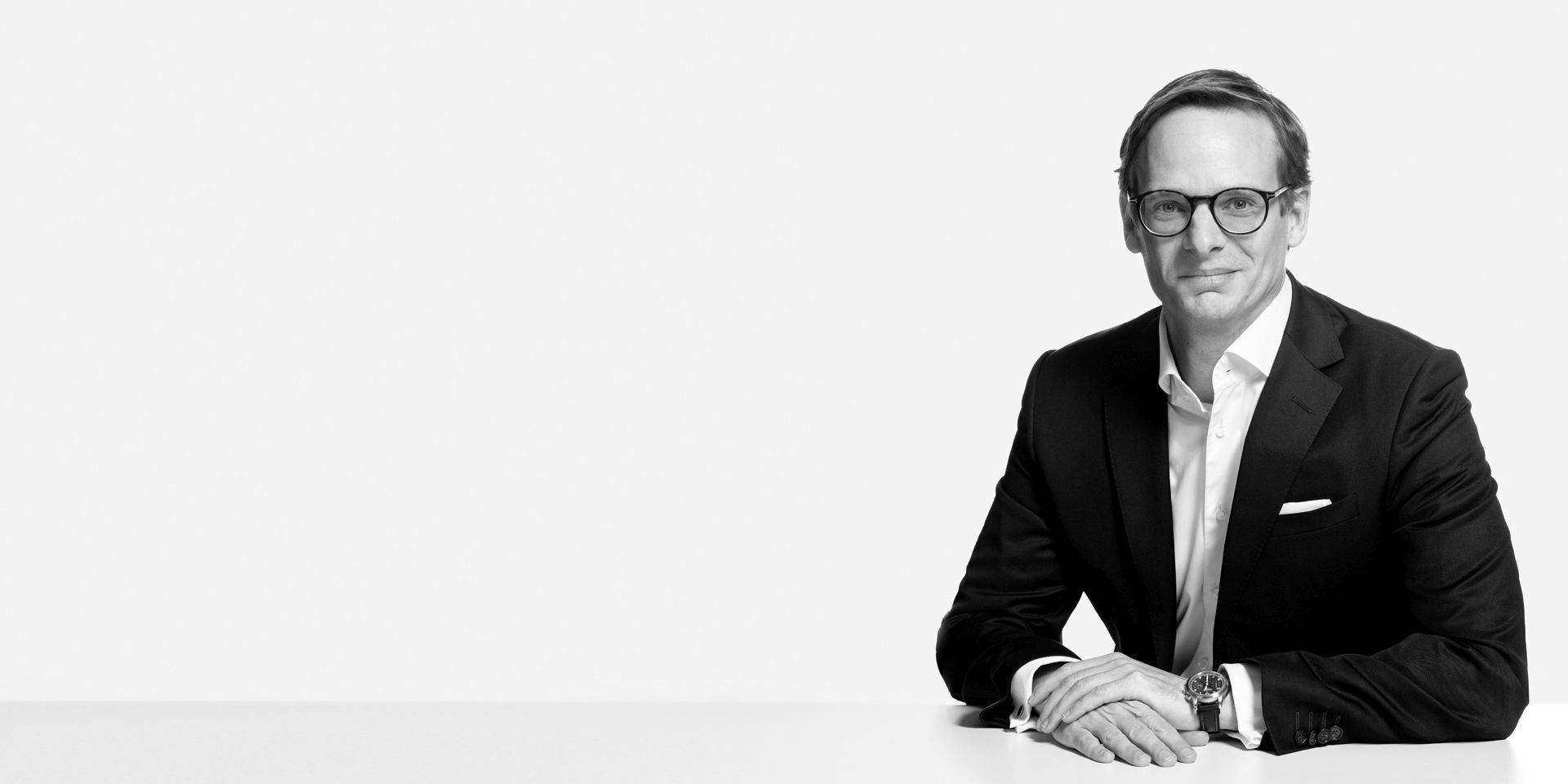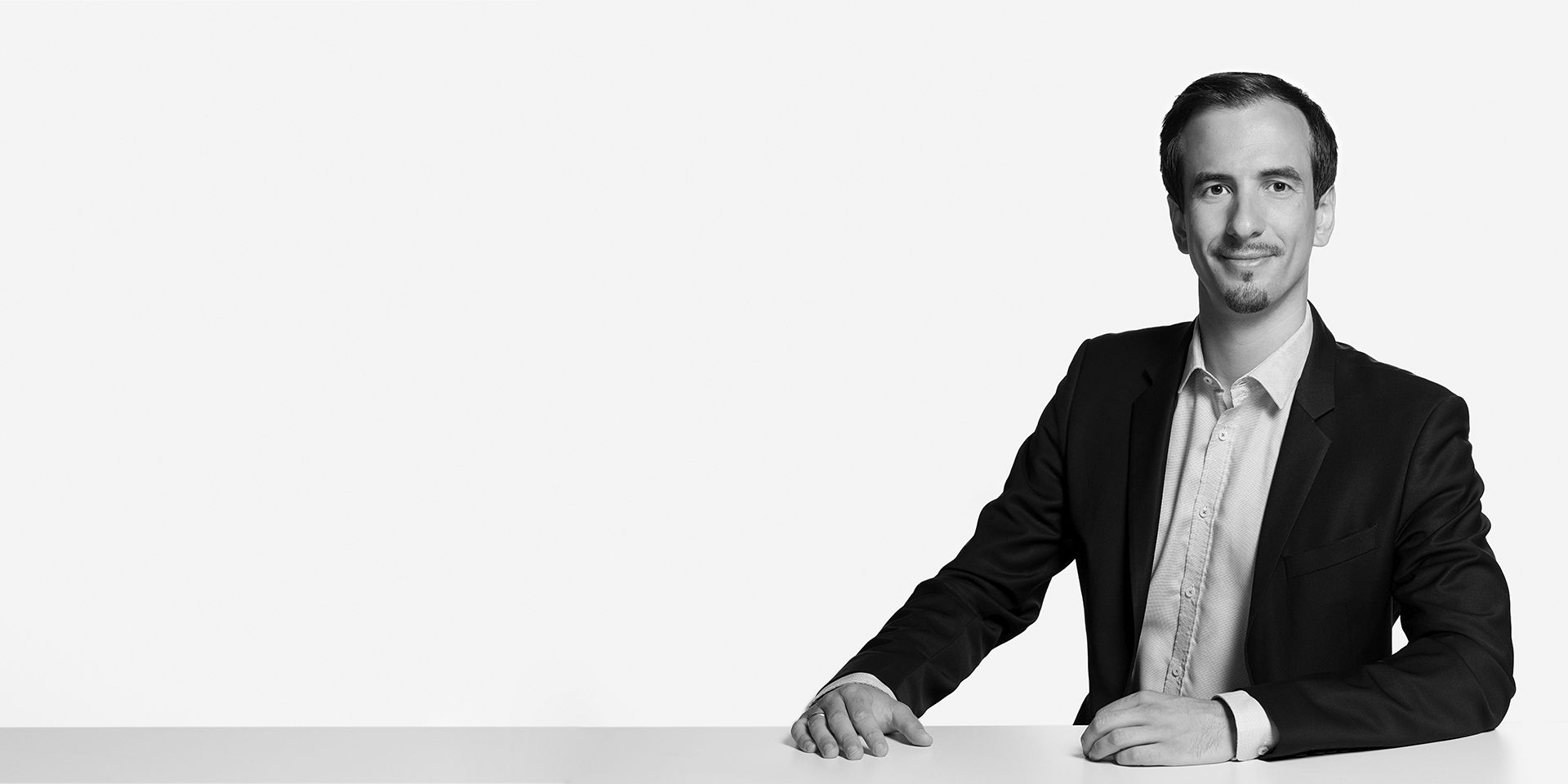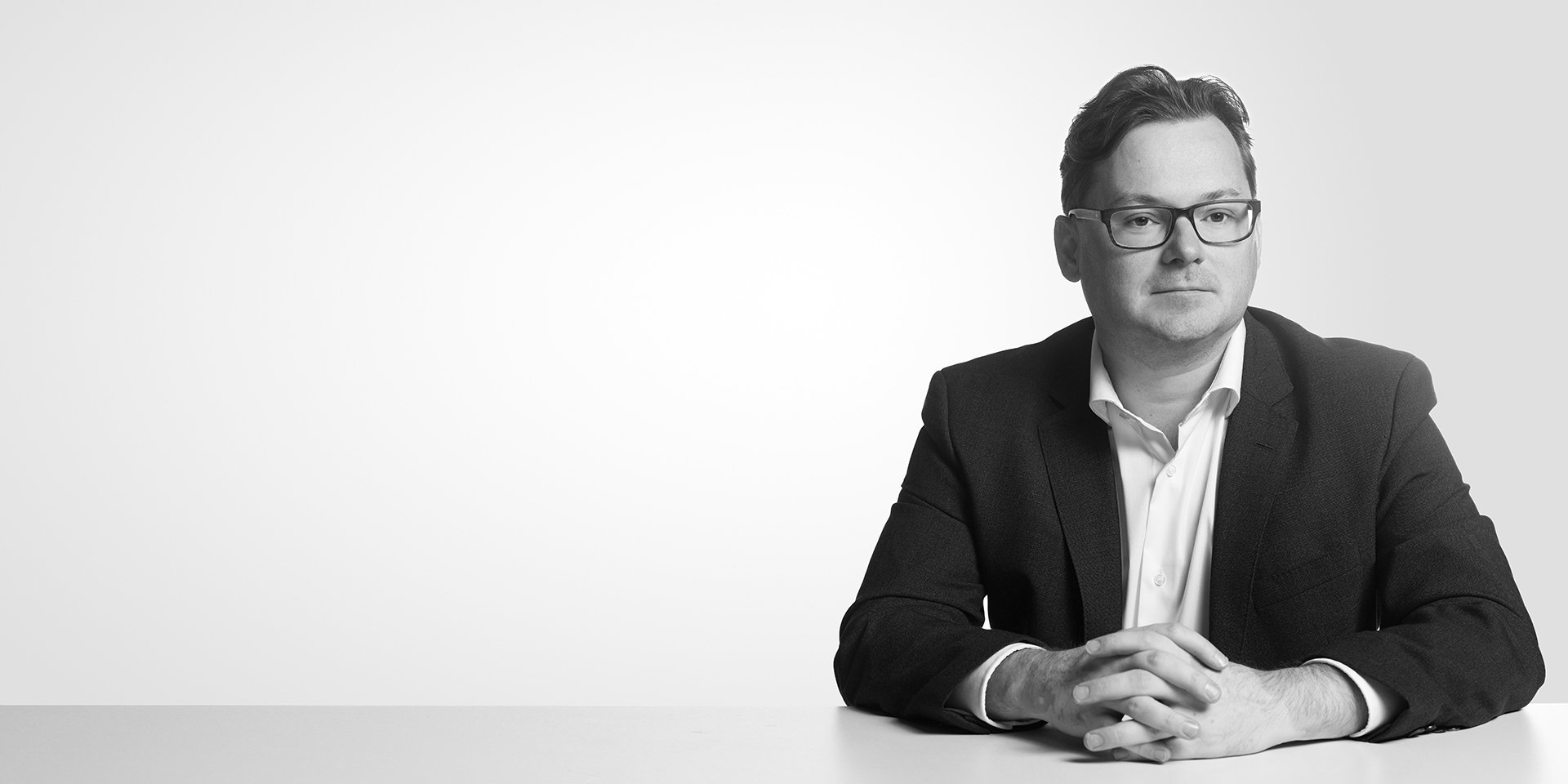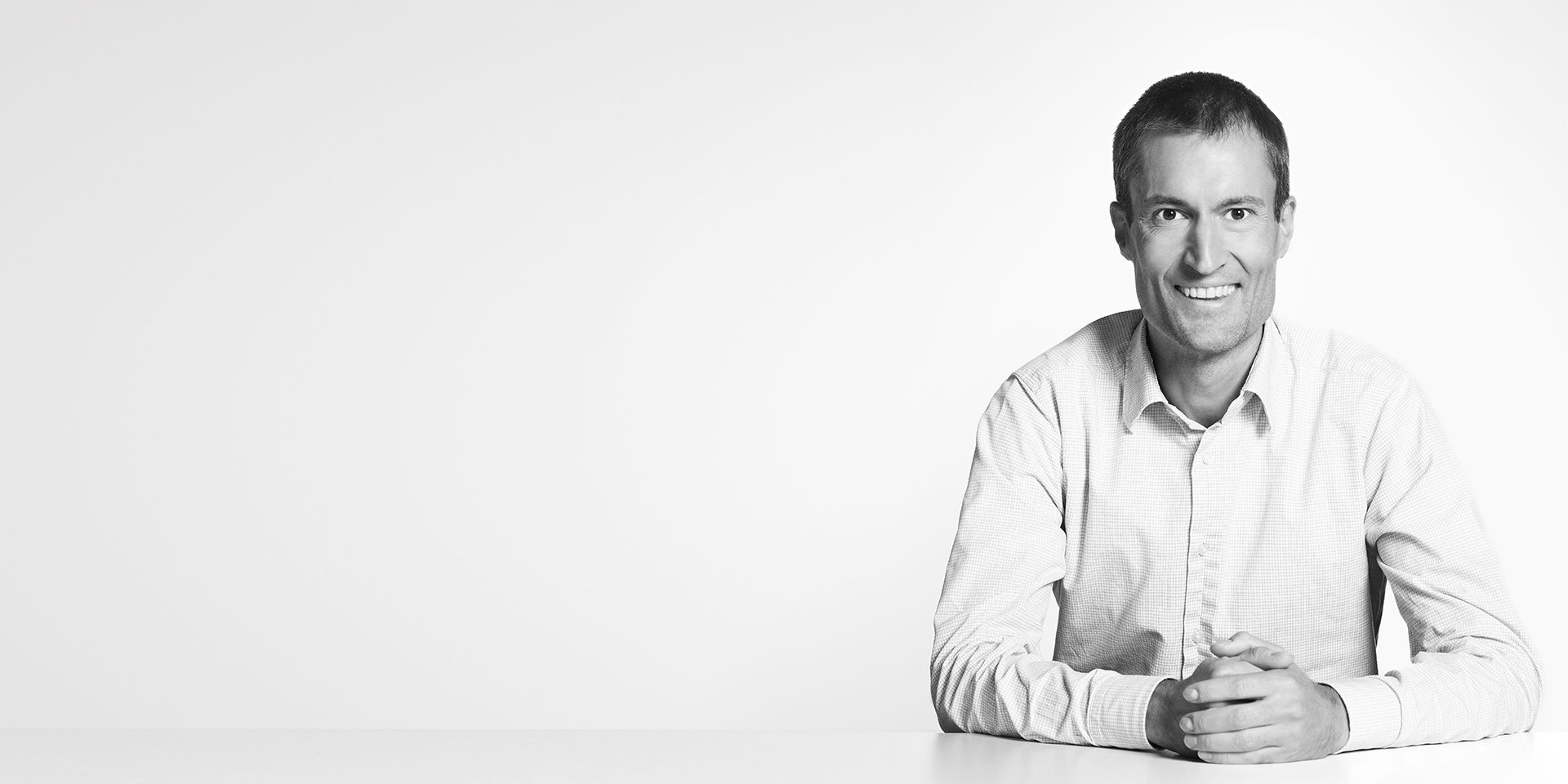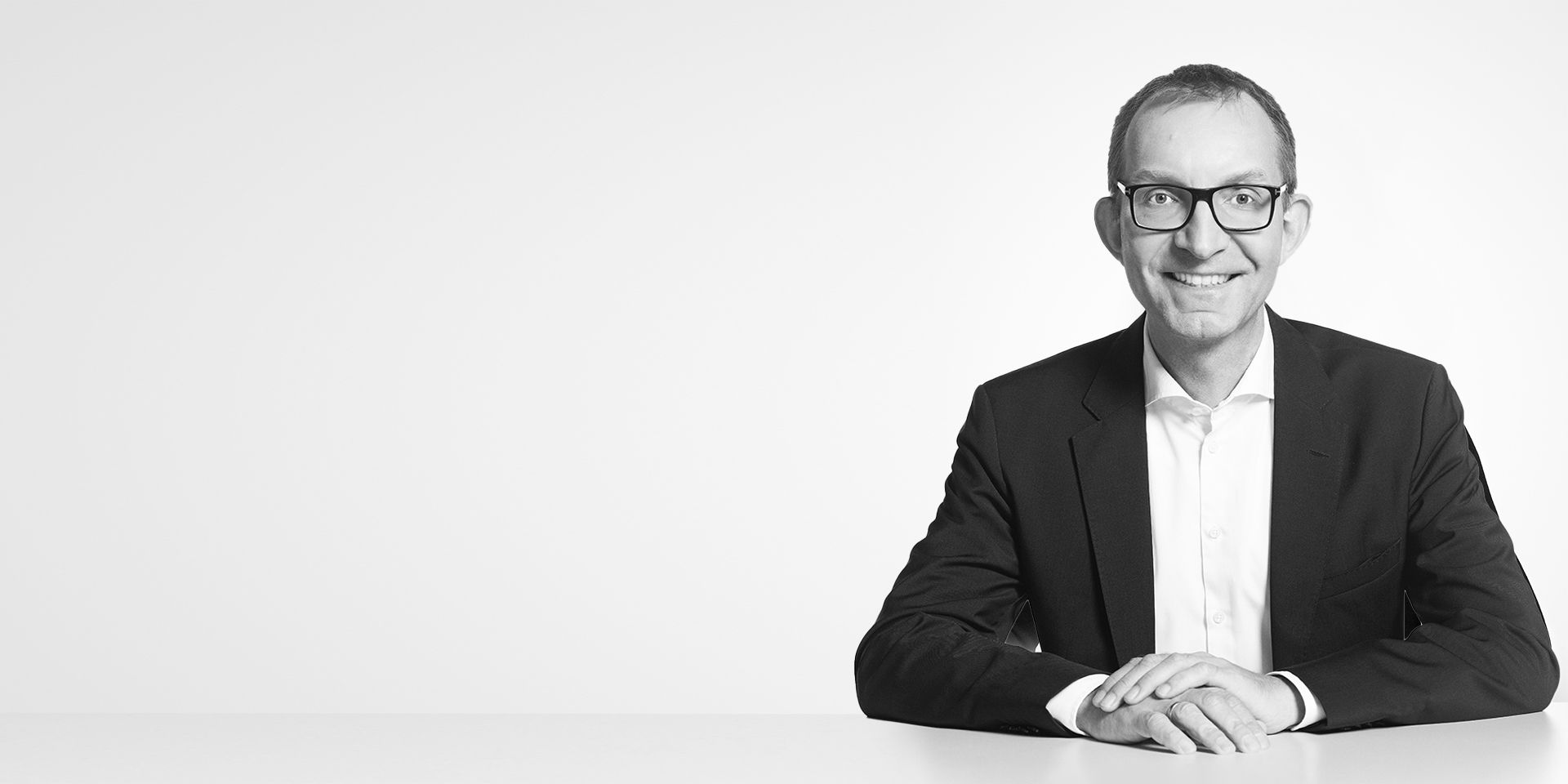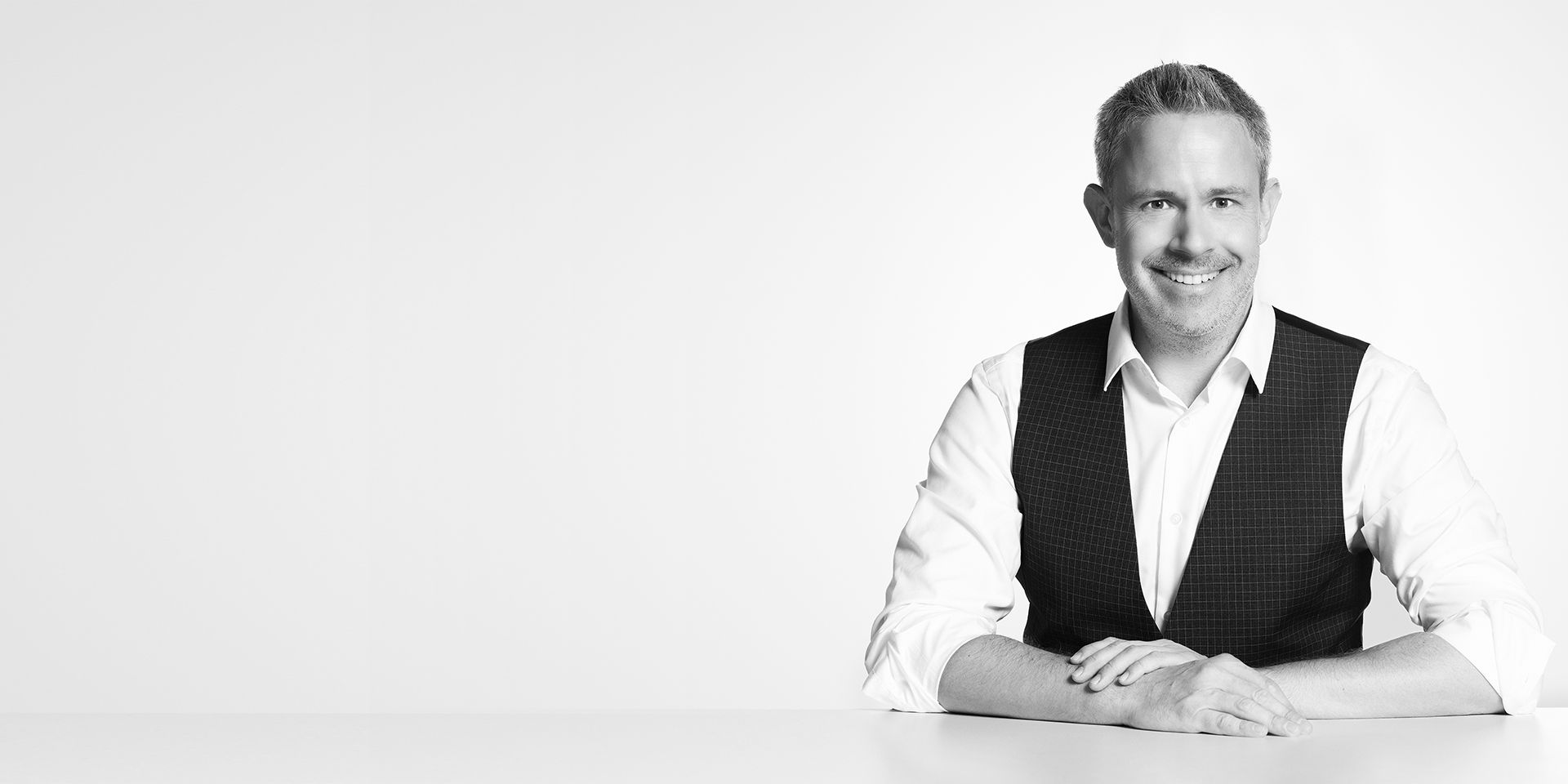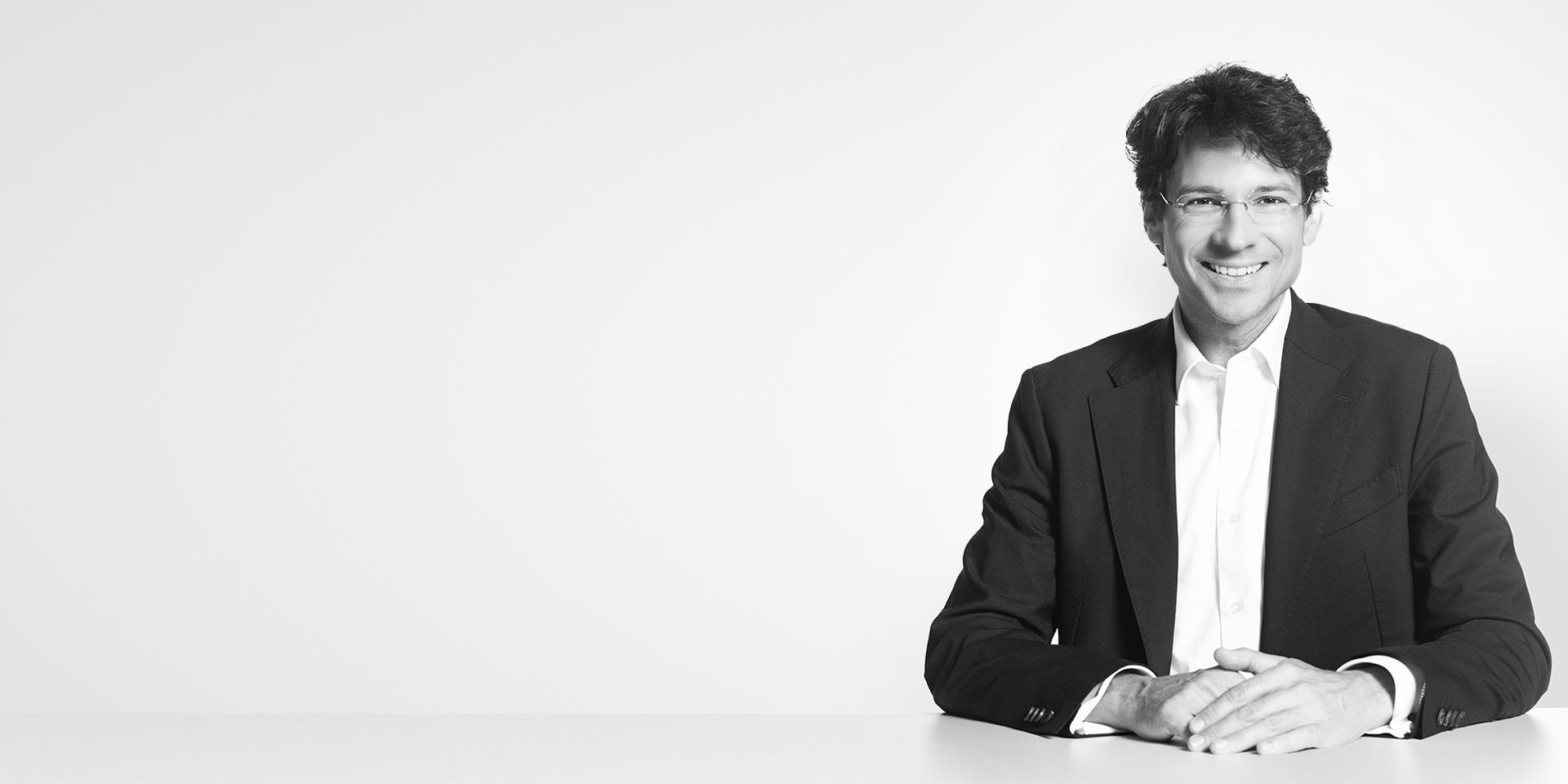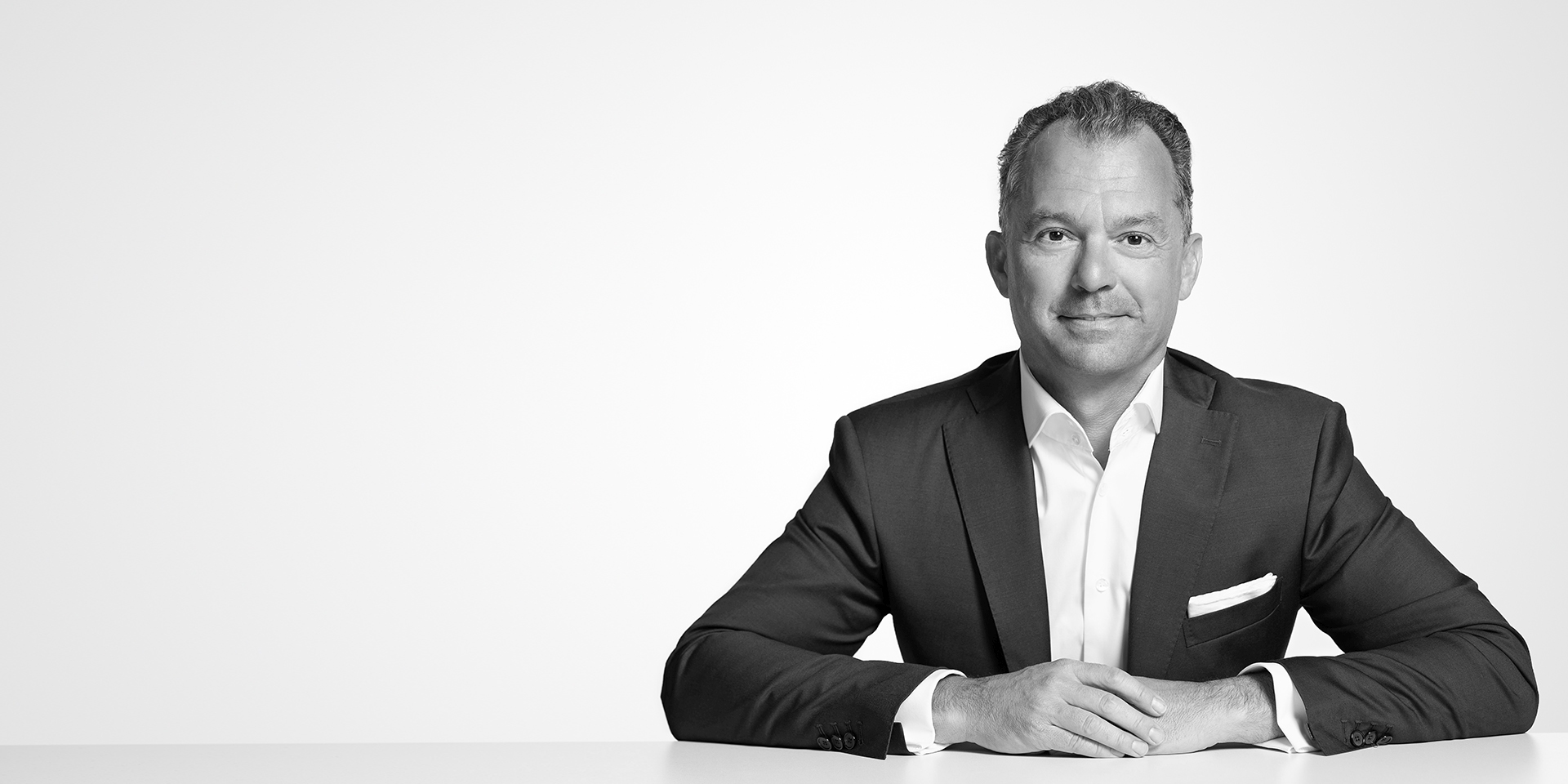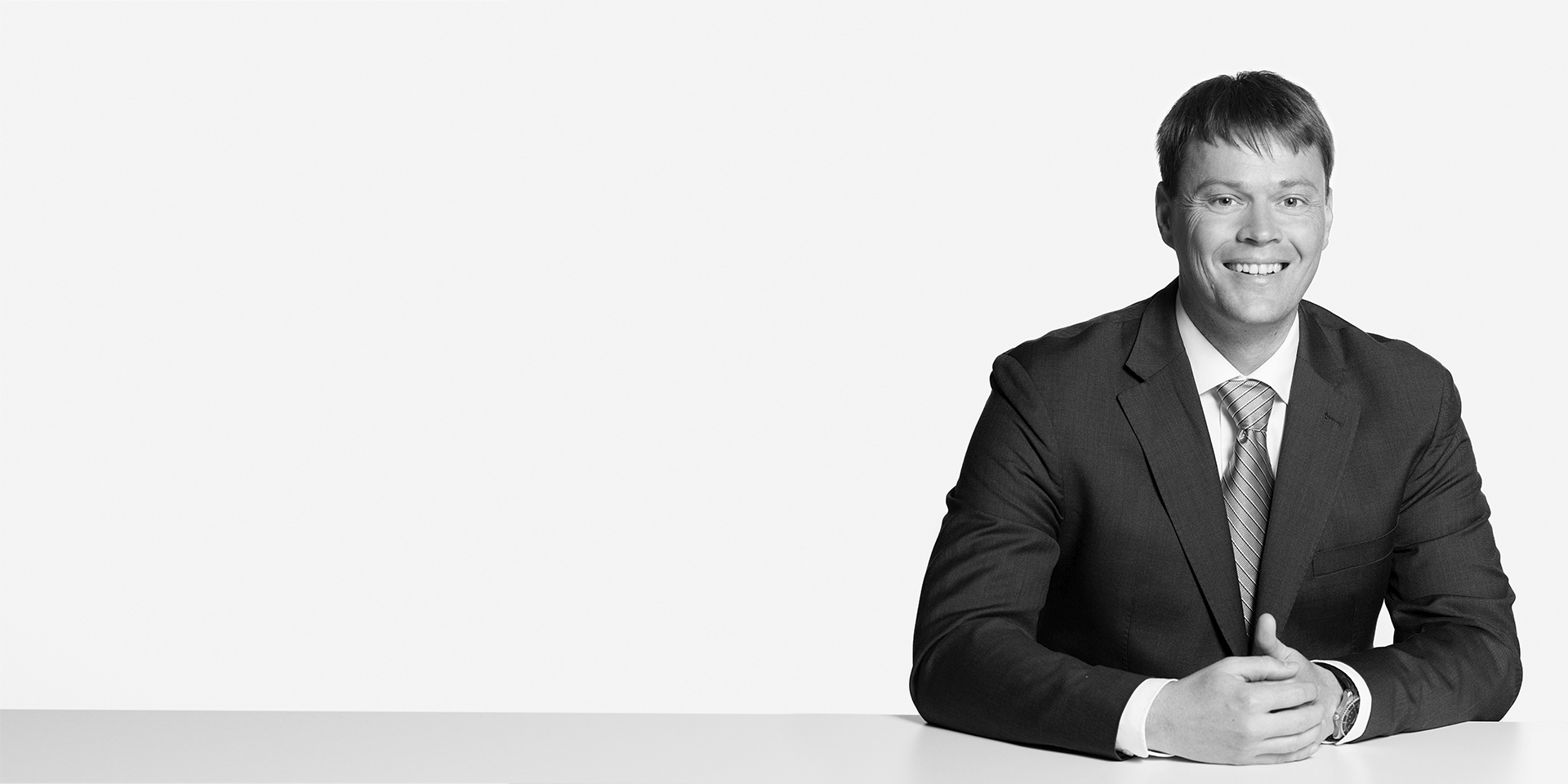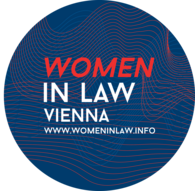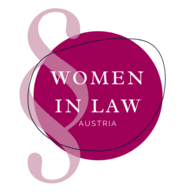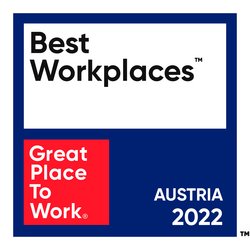Straight answers for better decisions.
Straight answers
for better decisions.
Binder Grösswang ist eine der führenden Kanzleien in Österreich. Seit mehr als 60 Jahren unterstützen wir unsere Mandanten bei juristischen Herausforderungen mit höchstem Fachwissen und Blick auf das Wesentliche.
Diversity & Inclusion
Wir sehen die einzigartigen Hintergründe, Erfahrungen und Perspektiven, die jede*r unserer Jurist*innen und Mitarbeiter*innen einbringt, als Stärke. Vielfalt und Inklusion sind eine Voraussetzung, um auf die Bedürfnisse unserer Mandanten auf innovative Weise einzugehen und Top-Talente zu gewinnen und zu binden.
Binder Grösswang is one of the pre-eminent law firms in Austria with the size and know-how to handle complex and sophisticated matters.













